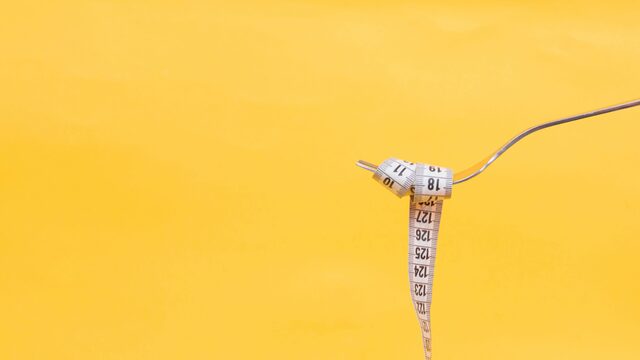Van Bellegem is not exactly sure why the number of eating disorders among young people has increased so much recently. And that is a big problem, according to the pediatrician: “We don’t have exact figures because there is no national registration system in which we keep track of how many children with anorexia are added each year.” What is suspected is that corona has played an important role. “In that period, all things that influence the development of an eating disorder were present to a large extent,” says Van Bellegem.
Network approach
In order to get a grip on the rising numbers, the Health Council proposes to adopt a network approach. Van Bellegem supports this idea and explains why this approach could help. “You don’t tackle an eating disorder on your own, but with many people involved, such as a youth doctor, psychologist and experience expert. These people have to know where to find each other.” That’s the problem, according to the pediatrician. When youth care was transferred to municipalities in 2015, the care landscape fragmented. This makes it harder for the necessary specialists to find each other. This causes delays in the treatment process and in finding the right treatment location.
Knowledge
According to Van Bellegem, another cause of the late recognition of eating disorders is the lack of knowledge among healthcare professionals, parents and people with an eating disorder. That is why Van Bellegem argues for more funding for research. “We still know very little about eating disorders and their treatments.”
Journalist and experience expert Almuli recognizes himself in Van Bellegem’s story that there is still little knowledge. She developed an eating disorder when she was 11 years old. She suffered from ‘binge eating disorder’ and atypical anorexia (which does not involve being underweight). Almuli says she did not recognize herself in the typical image of anorexia because she was not underweight.
Due to this lack of knowledge, people do not receive the right help in time and atypical cases such as Almuli are less quickly recognized and treated. “If we ensure that there is more knowledge and dare to have an open conversation without prejudice, then I am sure that people will come to the GP sooner for referral to the right help,” says van Bellegem.
If you have any questions, know someone with eating problems or struggle with an eating disorder yourself, you can find more information about how to start the conversation via www.firsteetkit.nl.
–


